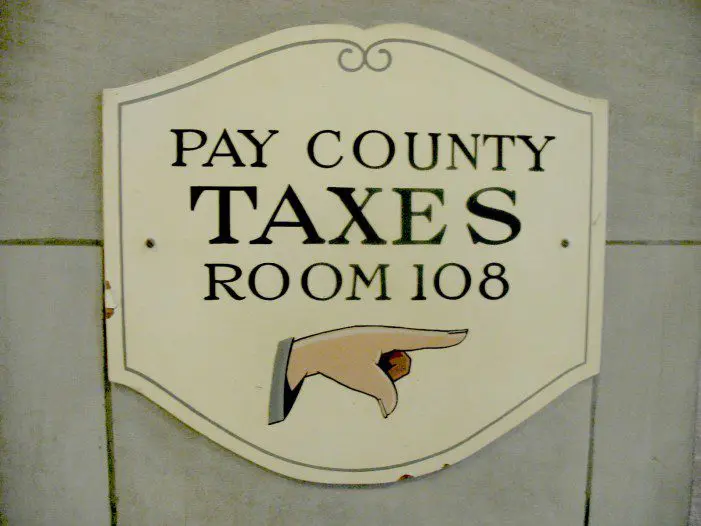
Understanding Property Taxes In Texas
Texas is one of only seven states that doesn’t impose income taxes on its residents. As a result, property taxes are used to fund local services and improvements, such as maintaining roads and public schools, paying the salaries of public employees, and more.
While local officials determine the value of your property, as well as set tax rates and collect your taxes, the process is governed by laws set by the state of Texas.
There are five rules regarding property taxes set forth by the Texas Constitution:
EQUAL AND UNIFORM PROPERTY TAXES
1 – All property taxes must be taxed “equally and uniformly.”
All property in Texas has to be valued uniformly and equally, which is to say that no property should pay more than its fair share of taxes. This law applies to all types of property from residential property management north scottsdale az to commercial buildings to utility properties.
Appraisal districts, specifically the chief appraiser, are responsible for appraising all personal and business property within their jurisdiction. The value is based on the Texas Property Tax Code and the Uniform Standards of Professional Appraisal Practices (USPAP). The USPAP mandates that no single property should pay more than its fair share of taxes. In the event a homeowner disagrees with the appraised value, he or she may appeal to an appraisal review board – simply file for a protest and appeal at the Texas Comptroller website.
CURRENT MARKET VALUE
2 – With a few exceptions, tangible property must be taxed on its current market value.
The current market value is the price for which a piece of property would sell when the buyer and seller want the best price, and are under no pressure to buy or sell. If you’re interested in the market value of your home, you can call your local real estate agent, who can provide a free market evaluation for your home. The exception to the market value law includes land used to produce timber for products and agricultural land. Land used for ranching and farming can be valued based on its ability to produce crops or livestock.
PROPERTY TAX EXEMPTIONS
3 – All property is taxable unless a state or federal law provides an exemption for it.
Property owners in Texas can take advantage of tax exemptions that reduce the appraised values of their homes. The decreased value results in less property tax owed. Common exemptions include:
- Seniors’ Exemption – Residents over the age of 65 receive an additional school tax exemption of $10,000, as well as $3,000 or more in optional exemptions.
- Optional Exemptions – Specific agencies, including school districts, city, county, or special districts, have the ability to impose additional exemptions based on budget demands. Each exemption must be valued at $5,000 or more.
- Homestead Exemption – All Texas homesteads receive a $15,000 exemption to offset a portion of applicable school taxes.
- Flood Control/Farm-to-Market Road Exemption – Property owners living in counties that impose special taxes for flood control or farm-to-market road maintenance receive a $3,000 tax exemption.
NOTICE OF INCREASE IN PROPERTY VALUE
4 – Property owners have the right to receive reasonable notice of increases in appraised property value.
January 1 marked the start of property appraisal for the year. The homeowner on this date, and current market conditions, determine whether the property is taxed, as well as the value and who is responsible for ensuring payment is made. Per state law, most homeowners must be notified by April 1 or soon thereafter of the property’s appraised value.
ONLY ONE APPRAISED VALUE
5 – Each property in a county must have one appraised value determined by the appraisal district where it is located.
In most cases, an appraisal district’s boundaries coincide with the boundaries of the county in which it is located. Your local county appraisal district is responsible for appraising all properties within the county. This is done on a yearly basis starting in January.
PROPERTY TAXES ARE IMPORTANT IN TEXAS
Property tax collection is extremely important in Texas. While it is true that property taxes do tend to be higher in Texas than in many other states, this is offset by a resident’s ability to earn as much money as they can without being responsible for income taxes. The money collected is used by the state government to fund local governments. This allows taxpayer’s needs to be met and ensures the state is able to run smoothly.
